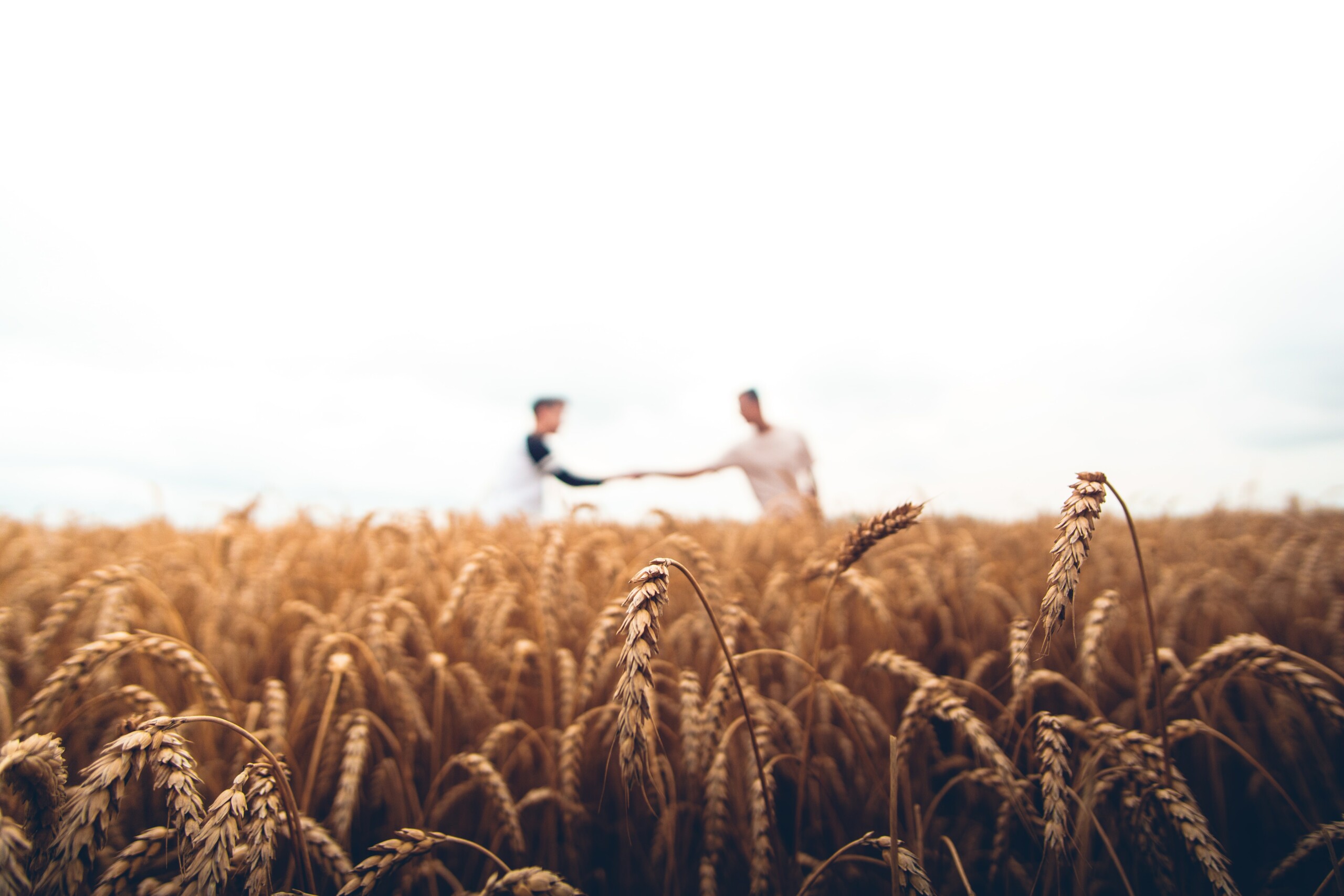Welche Herausforderung/Problem wurde angesprochen??
Wir wollen die Abhängigkeit von synthetischen Düngemitteln und chemischen Wirkstoffen verringern und gleichzeitig sicherstellen, dass sowohl die qualitative als auch die quantitative Produktion ausreichende Standards entsprechen. Gleichzeitig, Wir streben nach Umweltverbesserung. Es ist entscheidend, das Kultivierungsrisiko minimal oder unverändert zu halten. Deshalb, Umfangreiche Wissensentwicklung und Beobachtungen sind notwendig. Die Entwicklung eines Wachstumsmodells wird eine wichtige Rolle bei der Erreichung dieser Ziele spielen.
Wie hast du das Problem gelöst?
Während der Kartoffelpflanzung, Hülsen- und Buchweizenbegleiterpflanzen werden gleichzeitig gesät. Begleitpflanzen (CP) werden nicht für die Ernte kultiviert, sondern bieten Kartoffeln verschiedene Umwelt- und Wachstumsvorteile. Sie helfen bei Unkraut und Schädlingsbekämpfung, Verbesserung der Bodenfruchtbarkeit. Die Aussaattiefe sorgt dafür, dass sowohl Kartoffelpflanzen als auch CP gleichzeitig auftauchen. Mechanische Unkrautbekämpfung ist notwendig, Als Herbizide würde CP schaden lassen. CP ist mit Kartoffeln durchsetzt, Förderung des gegenseitigen Wachstums über und unter dem Boden, Verbesserung der biologischen Vielfalt, und Insekten anziehen. Nektarreiche Blüten von Buchweizen ziehen Bestäuber an, und seine bekannte unterdrückende Wirkung auf Schädlinge, zusammen mit Unkrautbekämpfung, ist vorteilhaft.
Hülsenfrüchten reparieren Stickstoff im Boden über Rhizobium -Bakterien, Kartoffeln zugute kommen und synthetische Düngemittelbedürfnisse reduzieren. Mykorrhiza -Pilze Link Hülsenfrüchte und Kartoffeln, mildernde unterirdische Bedrohungen und Unterstützung der Nährstoffabsorption. Pflanzenwurzeln (Buchweizen, Hülsenfrüchte, Kartoffeln) sich gegenseitig verstärken, unterschiedlich mit Bodenorganismen zusammenarbeiten.
Die CP -Mischung passt sich an sich entwickelnde Erkenntnisse an, und ein Wachstumsmodell, unter Bodenbedingungen verankert und mit aktuellen Wetterdaten fein abgestimmt, prognostiziert das Erntewachstum und die Nährstoffverfügbarkeit. Visuelle und physikalische Beobachtungen kalibrieren das Modell.
Geerntete Produkte werden sorgfältig für Qualität und Quantität befragt, im Vergleich zu traditionell angebauten Pflanzen auf demselben Feld. Getrennt gespeichert, Wachstum, Insektenpopulationen, Unkrautentwicklung, und Wetterbedingungen werden kontinuierlich überwacht.
Kartoffeln werden über den Supermarktkanal vermarktet, Hervorheben des Mehrwerts der Kultivierungsmethode. “Unser Markt” richtet sich an dieses Konzept aus, Verbinden Sie faire Landwirtpreise mit nachhaltigen Praktiken, transparent mit höheren Anbaukosten eingehen, und Ausgleich in der gesamten Kette und durch Verbraucher.
Lekker Lupin trägt zum Proteinübergang bei, Förderung eines nachhaltigen Einkommensmodells für Landwirte. Die Hülsenfisch -Lupinernte profitiert die menschliche Gesundheit, Boden, und das Klima, mit einem hohen Proteingehalt und gut geeignet für den Anbau in den Niederlanden geeignet. Durch Lekker Lupin, Wir bemühen uns, Lupin für eine groß angelegte Lieferung geeignet zu machen, Entwickeln Sie neue innovative Produktlinien mit Lupin in Zusammenarbeit mit der Lieferkette, und erleichtern den Wissensaustausch unter Landwirten und Kettenpartnern
Was ist in Ihrem Praxisfall innovativ?
Die Festlegung eines widerstandsfähigen und nachhaltigen Kartoffelanbaues durch Einbeziehung von Begleitpflanzen zielt darauf ab, die Notwendigkeit von Herbiziden und Insektiziden aufgrund der unzähligen Vorteile dieser Gefährten zu beseitigen (über und unterirdische Artenvielfalt erweitert, Unkraut- und Schädlingsunterdrückung). Fungizide sind die einzige verbleibende Anwendung, minimiert basierend auf dem sich entwickelnden Wachstumsmodell und der Überwachung. Gleichzeitig, Eine Verringerung des synthetischen Stickstoffdüngers erfolgt durch Stickstofffixierpflanzen und erhöhtes organischer Dünger, zuvor in den vorherigen Jahren implementiert. Insgesamt, Es werden weniger Ressourcen genutzt, Linderung von Umweltauswirkungen, während der Landwirt ein ausreichendes Einkommen sicherstellt.
Was sind die Erfolgsfaktoren bei der Lösung des Problems?
Stakeholder/Begünstigte Netzwerk
Gewonnene Erkenntnisse
unbekannt
Welche Rolle spielt der Berater bzw. die Beratungsdienstleistung im Praxisfall??
.
Kann Ihr Ansatz auf andere Innovationsherausforderungen und -regionen übertragen und/oder angepasst werden??
Ja
Geschätzte Übertragbarkeit auf einer Skala von 1 zu 5
(wo 1 ist einfach und 5 sehr schwierig)
1
Für den Austausch der Erfahrungen mit der guten Praxis, Für alle Fragen und Anfragen zu den kommenden Excellence-Klassen
Jurrian Nannes
jurrian.nannes@wur.nl
